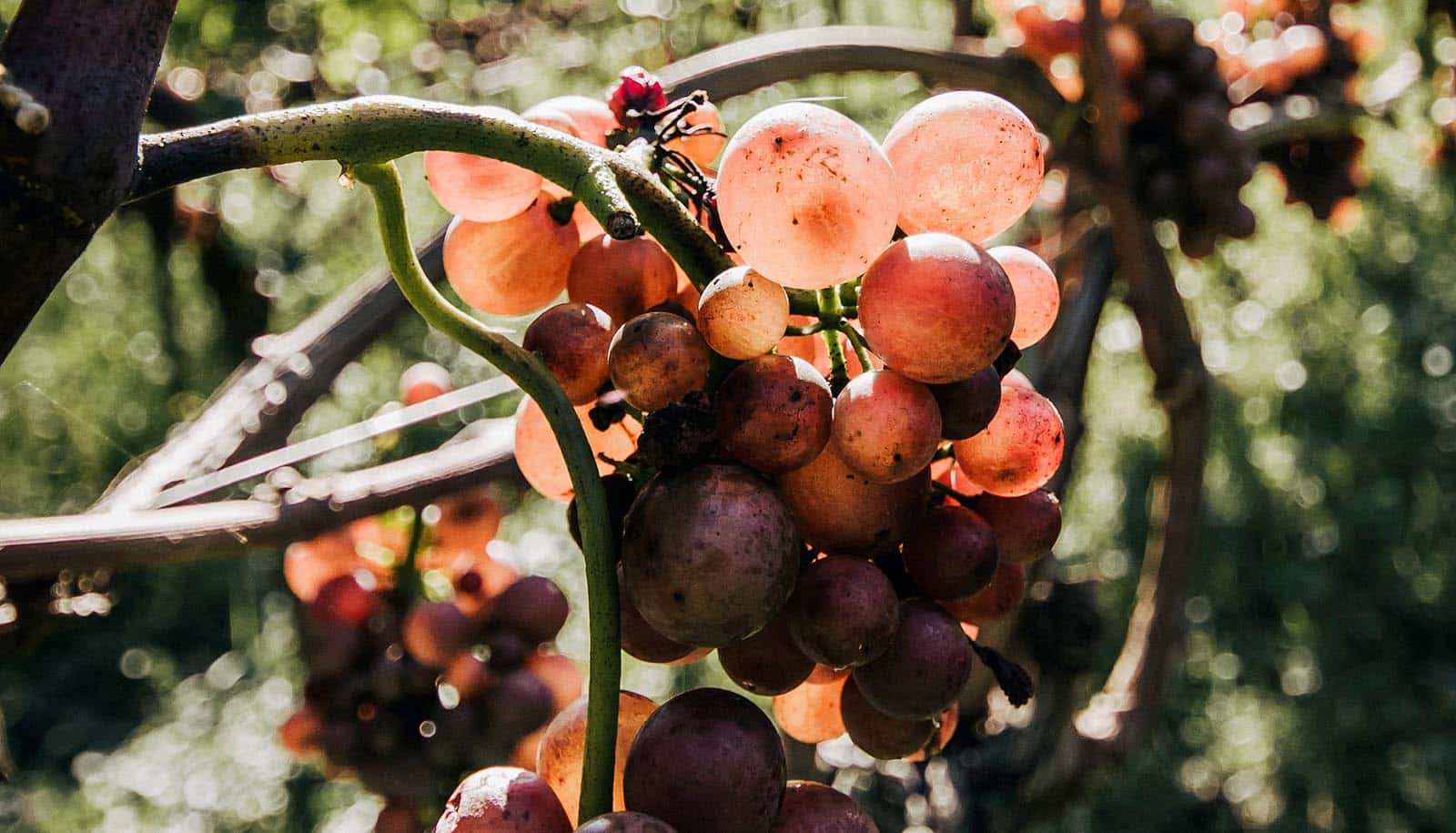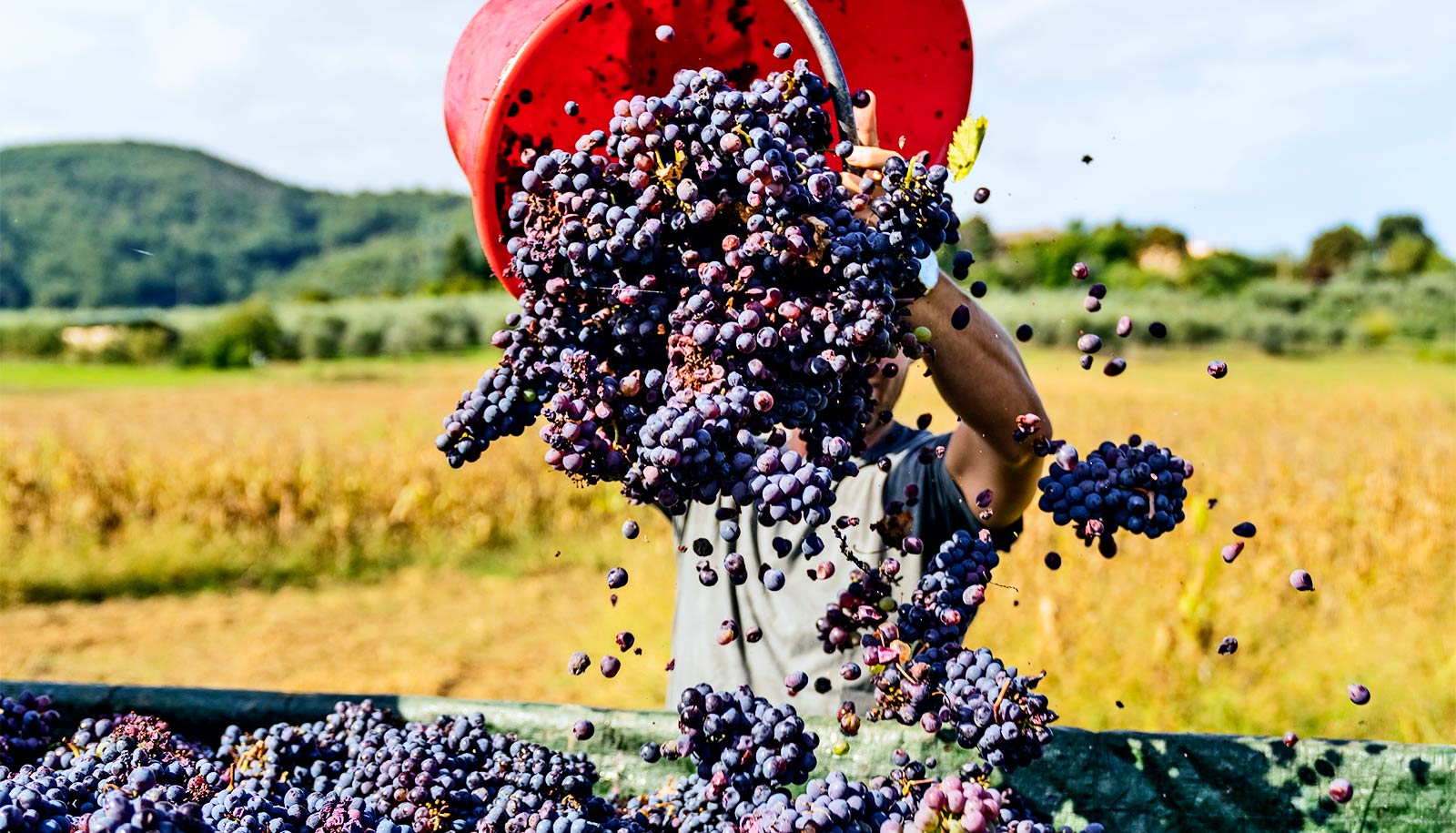Researchers have discovered candidate genes for disease resistance in wild grape plants, offering hope in the fight against the bacterium Xylella fastidiosa.
Xylella fastidiosa infects crops such as grapes, coffee, almonds, citrus, and olives. This disease has posed a significant challenge for farmers worldwide, with no known resistant varieties in major crops. However, the research team focused their attention on a wild grape species, Vitis arizonica, which exhibits natural resistance to the bacterium.
Through genetic mapping and genome-wide association studies, the researchers identified potential genes that could be introduced into grapevines to enhance their resistance. These findings, published in Communications Biology, have the potential to revolutionize the agricultural industry, offering a solution to a multibillion-dollar problem caused by Xylella fastidiosa.
One intriguing aspect of the study is the correlation between resistance genes and climate. The researchers discovered that the resistant genes were predominantly found in warm climates, indicating that the pathogen is more prevalent in these regions. By projecting climate change scenarios, the team predicts the future impact of the disease on various crops, including grapes and almonds.
“This study highlights the importance of scientific research in addressing the challenges posed by climate change and plant pathogens,” says Brandon Gaut, professor of ecology and evolutionary biology at the University of California, Irvine. “Understanding the genetic basis of resistance and the influence of climate on disease prevalence is crucial for developing effective strategies to protect our crops and ensure food security.”
The implications of this research extend beyond grapevines and offer insights into the genetic mechanisms of resistance in other susceptible crops. By harnessing the power of genetics, genomics, and studying wild plant relatives, scientists can identify valuable resistance traits that could enhance crop resilience against Xylella fastidiosa and similar pathogens.
“Preserving, maintaining, and genetically characterizing plant collections is paramount in our pursuit of discovering valuable genes for grape breeding programs,” says Dario Cantù, professor of viniculture and enology at the University of California, Davis. The new findings build on a long-term project there.
The study’s findings underscore the urgency of continued scientific research in agriculture, especially in the face of climate change. By unraveling the complex interactions among genes, pathogens, and climate, researchers can develop targeted solutions to mitigate the devastating effects of plant diseases and safeguard global food production.
Source: UC Irvine


